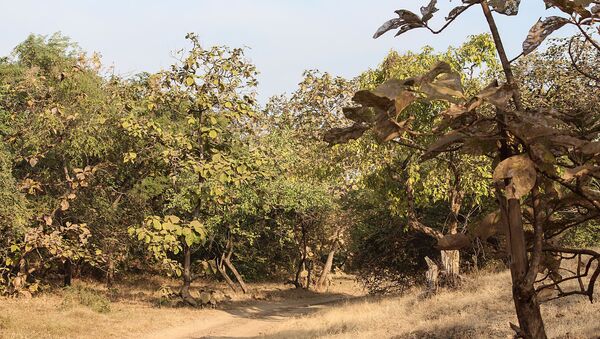“Most people can name a mammal or bird that has become extinct in recent centuries, but few can name a recently extinct plant,” the study’s abstract states before warning that “plant extinctions endanger other organisms, ecosystems and human well-being.”
The study found that the world’s plants have been disappearing from earth since 1900 at a rate 500 times faster than would be expected from just natural forces.
The rates of plant extinction were found to be highest on “islands, in the tropics and in areas with a Miditerranean climate.” Woody plant species, such as trees and shrubs, confined to small geographic areas like islands were also more likely to go extinct than other plants.
“These results suggest that the increase in plant extinction rate could be due to the same factors that are documented as threats to many surviving plants: fragmentation and destruction of native vegetation resulting in the reduction or loss of habitat of many range-restricted species,” a Tuesday Stockholm University press release explains.
The study, which was conducted by researchers at Stockholm University, compiled all extinction records, drawing from a database established by botanist Rafaël Govaerts at the Royal Botanic Gardens, Kew, in London. The database was first set up in 1988 to track all existing plant species.
"It is way more than we knew and way more than should have gone extinct," Maria Vorontsova, one of the study’s authors, noted. "It is frightening not just because of the 571 number, but because I think that is a gross underestimate."
Plants that have gone extinct include the Chile sandalwood, which grew on the Juan Fernández Islands, a remote archipelago and national park off the coast of Chile. Other examples include the banded trinity, discovered in 1912 in South Chicago; and the St. Helena olive tree, first found on the island of St. Helena in the South Atlantic Ocean.
However, the study did have a positive takeaway. Researchers found that 430 plant species believed to have been extinct are actually still extant, although 90% of those species are at a high risk of going extinct in the future.
For instance, the Chilean crocus was believed to have vanished in the 1950s. However, that doesn’t seem to be the case.
“After repeated searches, one small population was rediscovered in 2001 on private land south of Santiago [Chile]. This species continues to be cultivated in Britain, and its surviving native population is now being protected from livestock,” the press release states.




